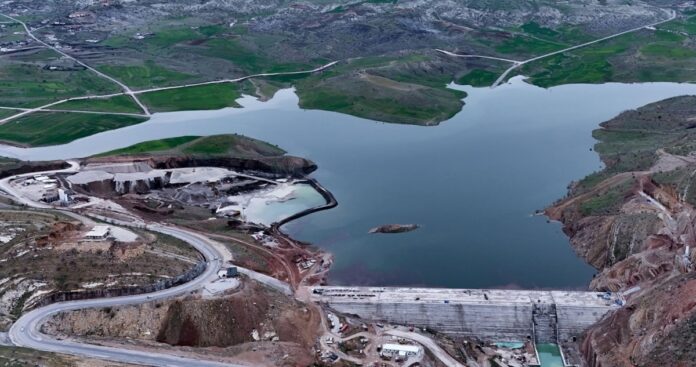The deadline for trucks to implement QR codes as part of Iraq’s new trade policy passed in November 2024, leading to increased challenges for traders, particularly at border checkpoints. The introduction of this system has caused significant disruptions, as businesses face delays and obstructions to their operations.
Shukri Jamil Nuri, the President of the Duhok Chamber of Commerce and Industry, highlighted these ongoing issues, stating that the requirement for QR codes has led to a series of complications for traders, with no resolution in sight. According to Jamil, the introduction of the QR code system has caused a halt in the flow of goods from the Kurdistan Region to other parts of Iraq for the past three days, significantly affecting trade and commerce.
Jamil argued that the QR code and customs stamp requirements are typically used for international transit and foreign trade, not for domestic transactions within a single country. This, he suggested, has led to an undue restriction on the freedom of local traders. The system, intended to facilitate the movement of goods globally, was designed to improve the efficiency of customs processes at international ports. However, its application to domestic trade within Iraq has raised concerns among businesses in the Kurdistan Region.
Jamil further emphasized that the underlying issue is not commercial but political. He stated that Iraq’s central government has used the QR code requirement as a tool in political negotiations, citing budget and salary disputes as pretexts to create barriers for the Kurdistan Region. The decision is seen as part of a larger trend of centralization, which, according to Jamil, could lead to the disappearance of trade within the Kurdistan Region. Traders, faced with these difficulties, may be forced to shift their activities to Iraq’s lower and central regions.
The Chamber of Commerce has brought these concerns to the attention of Iraqi Prime Minister Mohammed Shia Sudani through an advisor, seeking to resolve the issues affecting regional trade. Despite these efforts, the QR code mandate remains in place, with the central bank of Iraq having officially instituted its use at all border crossings, including those in the Kurdistan Region, since March 11, 2025.
The QR code system requires that goods entering the Kurdistan Region must be cleared within 72 hours after arrival to pass through checkpoints, further complicating the flow of goods between the Kurdistan Region and the rest of Iraq.


